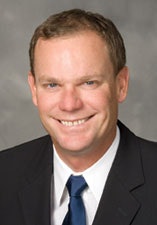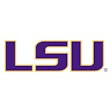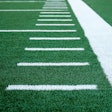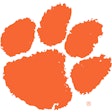Since founding SCP Auctions in 1979, David Kohler has had his hands on some of the most treasured artifacts in all of American sports history.

Q: What drove down the price of number 762? A: Every auction is its own animal, and with any piece it depends on how many people show up and really go after it. Obviously, there were some people who were a little apprehensive that Barry might play again. There was some risk there, but there's a huge upside. If Barry doesn't play, that ball is worth seven figures overnight.
Q: Were steroids suspicions a factor? A: We've been asked that a lot. It's hard to say. What we auctioned off is the history of baseball, one of the most hallowed records, and I think that overcomes any of the dislike and controversy surrounding Barry Bonds.
Q: How has eBay affected the memorabilia market? A: It has put a lot of mom-and-pop stores out of business. The flipside is that eBay has shown a lot of people what's out there. It has brought more people into the market and promoted them to the next level of collecting as they become more advanced.
Q: Is counterfeiting a concern? A: There are counterfeiters, but a lot fewer today than there were 10 years ago. It's all about dealing with the right dealers and auction houses, and a lot of that has been refined over the years, which is great. That's why our market has become more stable and has, in fact, grown. For a Babe Ruth ball to be sold today, it has to go through two major authenticators who deal in sports autographs, and a letter of authenticity has to come with it. There's a lot more buyer confidence.
Q: Are there auctioneer rules against slipping into Joe DiMaggio's 1936 rookie jersey, if only for a couple seconds? A: There aren't rules, but we don't try on people's jerseys, we don't swing Babe Ruth's bat - out of respect. But we do touch them; we do handle them. We have to take pictures of everything and look at the items to describe them. There is a lot of paperwork that needs to be done from the time the item is presented to us to the time we end up selling it at auction.
Q: Can you put a price on your Lakers collection? A: It's valuable. I'll leave it at that.





































